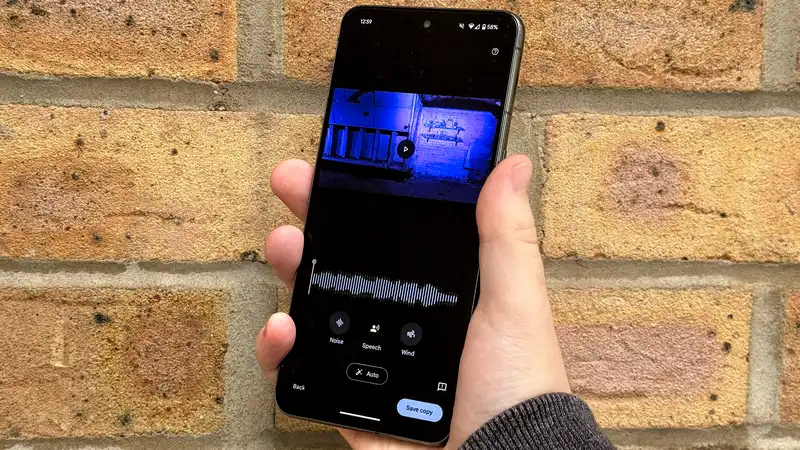The partnership will combine Sleep Cycle's extensive sleep data with previous research from both universities on the link between orientation, sleep disorders, and the detection of Alzheimer's disease.
Mikael Kågebäck, Sleep Cycle's chief technology officer, says he hopes the collaboration will make a “real difference” in global health.
“By leveraging our proprietary technology and the vast amount of sleep data we collect from users' homes, we hope to support this important research and advance our understanding of Alzheimer's disease,” Kågebäck told Sleep Cycle.
Meanwhile, researcher Dr. Abhirup Ghosh also told Sleep Cycle that he hopes this pioneering study will unlock more accurate and modern ways to measure how sleep and navigation skills are affected in the early stages of Alzheimer's disease . [Smartphone apps offer a new approach to capturing these behavioral changes in and around the home. This research will greatly benefit efforts to detect Alzheimer's disease in its earliest stages.”
According to the World Health Organization, Alzheimer's disease is the most common form of dementia and refers to several illnesses that “affect memory, thinking, and the ability to carry out daily activities.”
Alzheimer's disease accounts for about 60-70% of dementia patients, and early signs and symptoms include loss of sense of direction and time, difficulty solving problems, and forgetting recent events. These symptoms may worsen over time, and new symptoms (such as lack of independence and serious personality changes) may appear.
Although this new study seeks to explore how sleep tracking data can be used for early detection of Alzheimer's disease, much research has been conducted over the years on how sleep patterns affect the risk of developing Alzheimer's disease.
For example, a 2021 study by Harvard Medical School found that people who slept less than five hours a night were twice as likely to develop dementia. Meanwhile, a European 2021 study found that people who consistently slept six hours or less at ages 50, 60, and 70 were 30% more likely to develop dementia than people in the same age group who slept seven hours a night.










Comments